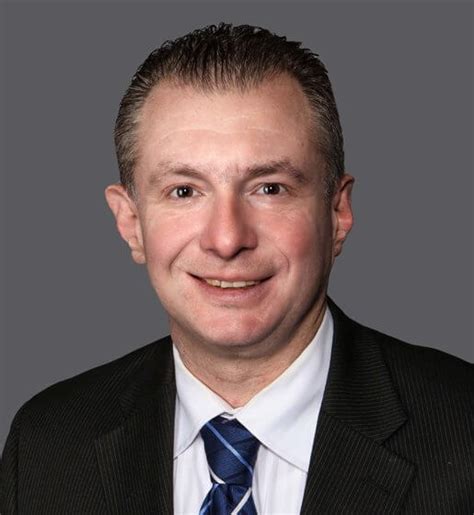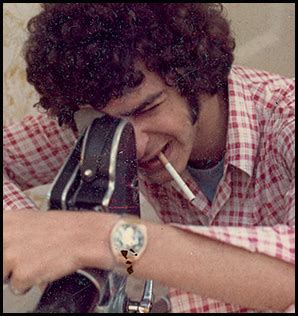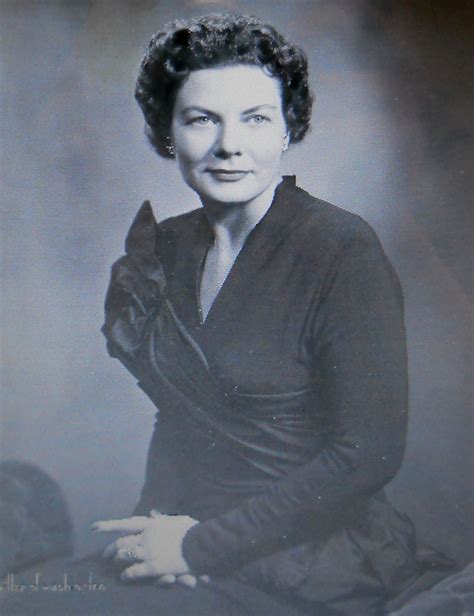A Quote by Henri Frederic Amiel
Our true history is scarcely ever deciphered by others. The chief part of the drama is a monologue, or rather an intimate debate between God, our conscience, and ourselves. Tears, grieves, depressions, disappointments, irritations, good and evil thoughts, decisions, uncertainties, deliberations --all these belong to our secret, and are almost all incommunicable and intransmissible, even when we try to speak of them, and even when we write them down.
Related Quotes
But what will happen even if we do burn down the Jews synagogues and forbid them publicly to praise God, to pray, to teach, to utter God's name? They will still keep doing it in secret. If we know that they are doing this in secret, it is the same as if they were doing it publicly. for our knowledge of their secret doings and our toleration of them implies that they are not secret after all and thus our conscience is encumbered with it before God.
The history of lead is a history of neglect. It's a history of decisions on our part not to address the broad implications of what we did to ourselves during the industrial revolution and in the first part of the century when our cities expanded broadly, when we built our housing and we began to depend upon lead as a mainstay of our new industrial culture. We put this stuff in even though we knew it was dangerous, we knew it was going to hurt kids.
Our experience of reality is the result of the magical alchemy of the creation of our thoughts, our beliefs, our decisions, our attitudes, our feelings. All of these are, for the most part, unconscious. Mindfulness allows us to watch these thoughts and choices and decisions without being triggered and having to take action and give meaning.
The further limits of our being plunge, it seems to me, into an altogether other dimension of existence from the sensible and merely understandable world. Name it the mystical region, or the supernatural region, whichever you choose. So far as our ideal impulses originate in this region (and most of them do originate in it, for we find them possessing us in a way for which we cannot articulately account), we belong to it in a more intimate sense than that in which we belong to the visible world, for we belong in the most intimate sense wherever our ideals belong.
To love women, to love our vaginas, to know them and touch them and be familiar with who we are and what we need. To satisfy ourselves, to teach our lovers to satisfy us, to be present in our vaginas, to speak of them out loud, to speak of their hunger and pain and loneliness and humor, to make them visible so they cannot be ravaged in the dark without great consequence, so that our center, our point, our motor, our dream, is no longer detached, mutilated, numb, broken, invisible, or ashamed.
Do not let us speak of darker days, let us speak rather of sterner days. These are not dark days: these are great days-the greatest days our country has ever lived; and we must all thank God that we have been allowed, each of us according to our stations, to play a part in making these days memorable in the history of our race.
Some indeed have tears naturally, when the higher motion of the soul makes itself felt in the lower, or because God our Lord, seeing that it would be good for them, allows them to melt into tears. But this does not mean that they have greater charity or that they are more effective than others who enjoy no tears.
Even though its common knowledge these days, it never ceases to amaze me that all the richness of our mental life - all our feelings, our emotions, our thoughts, our ambitions, our love life, our religious sentiments and even what each of us regards us his own intimate private self - is simply the activity of these little specks of jelly in your head, in your brain. There is nothing else.
Evil is real - and powerful. It has to be fought, not explained away, not fled. And God is against evil all the way. So each of us has to decide where we stand, how we're going to live our lives. We can try to persuade ourselves and wink at evil. We can say that it isn't so bad after all, maybe even try to call it fun by clothing it in silks and velvets. We can compromise with it, keep quiet about it , and say it's none of our business. Or we can work on God's side, listen for His orders on strategy against the evil, no matter how horrible it is, and know that He can transform it.
We are completely unaware of our true nature because we identify ourselves with our body, our emotions and our thoughts, thus losing sight of our unchanging centre, which is pure consciousness. When we return to our true nature, our thoughts and perceptions no longer appear as modifications of a single substance, they come into being and subside like waves of the ocean.








































